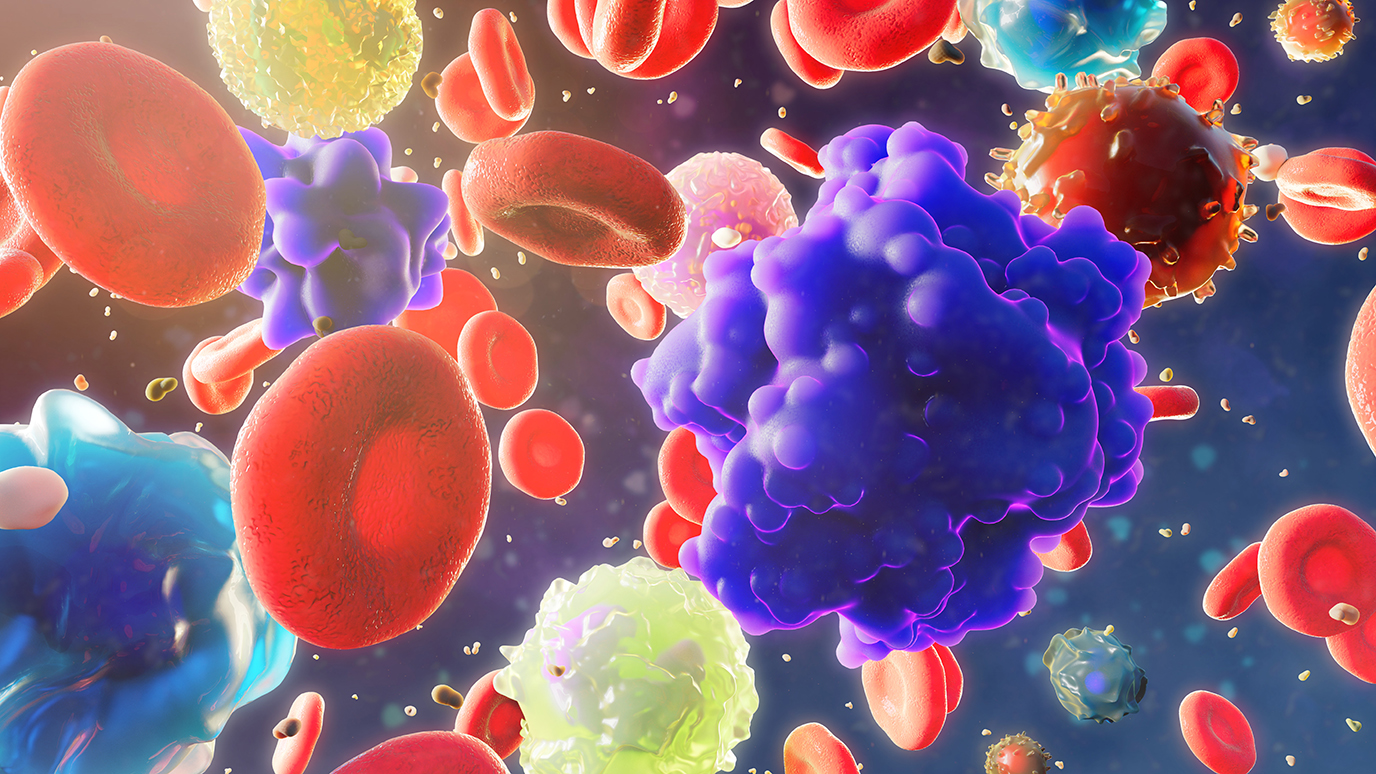- Diseases
- Acoustic Neuroma (16)
- Adrenal Gland Tumor (24)
- Anal Cancer (70)
- Anemia (2)
- Appendix Cancer (18)
- Bile Duct Cancer (26)
- Bladder Cancer (74)
- Brain Metastases (28)
- Brain Tumor (234)
- Breast Cancer (726)
- Breast Implant-Associated Anaplastic Large Cell Lymphoma (2)
- Cancer of Unknown Primary (4)
- Carcinoid Tumor (8)
- Cervical Cancer (164)
- Colon Cancer (168)
- Colorectal Cancer (118)
- Endocrine Tumor (4)
- Esophageal Cancer (44)
- Eye Cancer (36)
- Fallopian Tube Cancer (8)
- Germ Cell Tumor (4)
- Gestational Trophoblastic Disease (2)
- Head and Neck Cancer (14)
- Kidney Cancer (130)
- Leukemia (342)
- Liver Cancer (50)
- Lung Cancer (286)
- Lymphoma (278)
- Mesothelioma (14)
- Metastasis (30)
- Multiple Myeloma (100)
- Myelodysplastic Syndrome (60)
- Myeloproliferative Neoplasm (6)
- Neuroendocrine Tumors (16)
- Oral Cancer (102)
- Ovarian Cancer (178)
- Pancreatic Cancer (160)
- Parathyroid Disease (2)
- Penile Cancer (14)
- Pituitary Tumor (6)
- Prostate Cancer (150)
- Rectal Cancer (58)
- Renal Medullary Carcinoma (6)
- Salivary Gland Cancer (14)
- Sarcoma (238)
- Skin Cancer (300)
- Skull Base Tumors (56)
- Spinal Tumor (12)
- Stomach Cancer (66)
- Testicular Cancer (28)
- Throat Cancer (92)
- Thymoma (6)
- Thyroid Cancer (100)
- Tonsil Cancer (30)
- Uterine Cancer (86)
- Vaginal Cancer (18)
- Vulvar Cancer (22)
- Cancer Topic
- Adolescent and Young Adult Cancer Issues (22)
- Advance Care Planning (12)
- Biostatistics (2)
- Blood Donation (18)
- Bone Health (8)
- COVID-19 (360)
- Cancer Recurrence (120)
- Childhood Cancer Issues (120)
- Clinical Trials (628)
- Complementary Integrative Medicine (22)
- Cytogenetics (2)
- DNA Methylation (4)
- Diagnosis (238)
- Epigenetics (6)
- Fertility (62)
- Follow-up Guidelines (2)
- Health Disparities (14)
- Hereditary Cancer Syndromes (128)
- Immunology (18)
- Li-Fraumeni Syndrome (8)
- Mental Health (122)
- Molecular Diagnostics (8)
- Pain Management (62)
- Palliative Care (8)
- Pathology (10)
- Physical Therapy (18)
- Pregnancy (18)
- Prevention (936)
- Research (390)
- Second Opinion (78)
- Sexuality (16)
- Side Effects (616)
- Sleep Disorders (10)
- Stem Cell Transplantation Cellular Therapy (216)
- Support (408)
- Survivorship (328)
- Symptoms (182)
- Treatment (1788)
Chemobrain versus memory loss: What’s the difference?
BY Molly Adams
3 minute read | Published July 08, 2021
Medically Reviewed | Last reviewed by an MD Anderson Cancer Center medical professional on July 08, 2021
As you age, you may have trouble remembering important dates like a loved one’s birthday or forget where you left your car keys. Memory loss like this is usually normal, but sometimes it can be triggered by cancer or its treatment.
For example, patients with brain tumors may experience changes in cognitive function due to the tumor. Patients who undergo brain surgery may also experience memory challenges. Even depression and anxiety can cause forgetfulness.
Chemotherapy has been known to cause challenges with remembering things. Neuropsychologist Jeffrey Wefel, Ph.D., says chemobrain is a term patients use to describe a general feeling of brain fog during or after cancer treatment.
But how do you know when forgetfulness is memory loss caused by aging or related to cancer treatment? We spoke with Wefel to learn more, including his advice for coping with this common treatment side effect.
How are the symptoms of chemobrain and memory loss different?
While the symptoms of memory loss and chemobrain are often similar, there are ways to tell them apart. These include:
Timing of symptoms: Natural memory loss occurs slowly over the years and gets gradually worse over time. Patients often are not aware that they’re forgetting things, so caregivers are more likely to notice a change. Chemobrain can come on more quickly, especially during or soon after treatment. In addition to forgetfulness, patients often say they have trouble multitasking or thinking as quickly.
Recalling memories: When prompted or given time to think it over, patients with chemobrain are often able to remember things they’re familiar with. But when patients have age-related memory loss or more serious memory disorders like Alzheimer’s or dementia, they aren’t able to recall basic information, even if they’re prompted or offered suggestions.
Difficulty talking: A patient with chemobrain will still recognize familiar objects and their names. Patients with memory loss disorders may use the wrong word for something or jumble their words.
Symptoms that don’t go away: The longer you’re exposed to chemotherapy, the more likely you may be to experience chemobrain. But the good news is that most patients feel back to normal as treatment ends or when their dosage changes. Unfortunately, age-related memory loss is typically permanent and may get worse over time. We watch patients with natural memory loss closely to make sure treatment isn’t making their symptoms worse. Patients with chemobrain will also be closely monitored to help them make the most of their function and recovery.
Are there ways to cope with memory challenges?
There’s still a lot we don’t know about the brain and how memory changes over time. At MD Anderson, we’re researching which patients are at risk for developing chemobrain, whether patients experiencing chemobrain are at risk for developing memory loss at an earlier age, and how best to avoid or treat chemobrain.
But there are things we can all do to improve our brain health. Controlling risk factors can go a long way to maintaining mental function. Eating a balanced diet, getting enough sleep, and even five minutes of mild to moderate exercise a day can be helpful.
There are also lots of memory aids, including smart phone apps that can help you keep track of important information.
And maintaining a social life is also key. Spending time with friends and loved ones can help in so many ways. Not only can social connections stem depression and anxiety, but they keep your brain active. If you’re not able to connect in person, virtual support groups are an option for staying in touch.
Talk to your care team about memory issues
Memory plays a role in our day-to-day lives, from remembering to take medication, to keeping up with appointment schedules. So, it’s important for both cancer patients and caregivers to be aware of any changes in your ability to remember things or perform your daily tasks.
If you’re forgetting things more often than usual, you should talk to your doctor. MD Anderson patients can also ask for a referral to our Neuropsychology department for evaluation.
Request an appointment at MD Anderson online or by calling 1-877-632-6789.
Related Cancerwise Stories

If you’re forgetting things more often than usual, you should talk to your doctor.
Jeffrey Wefel, Ph.D.
Neuropsychologist & Researcher






